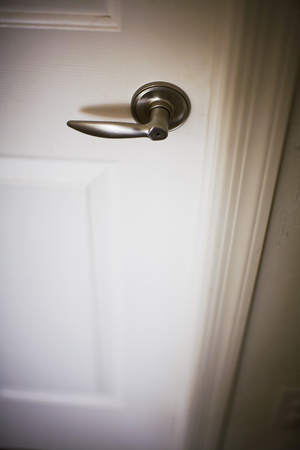I have noticed lately that every time I visit a doctor’s office and of meeting with a nurse practitioner, rather than a real doctor, and I think there is some serious problems with that practice. In case you have not had the same experience, here is a brief explanation of what happens. I call the doctor’s office and schedule an appointment with a doctor. When I show up for my appointment I am led to an examination room, as you would expect. Then someone who looks like a doctor comes walking in the door to examine me. If I look closely at this person’s name tag though, I frequently find that instead of saying “doctor,” it says “nurse practitioner.” That means that the person giving the medical device has not been to medical school. Instead, he or she has been trained as a nurse and is merely fulfilling the role of a doctor in this general medical practice. I still get charged a doctor’s rates, but I do not get to meet with the real doctor. There are three major problems with this practice:
1. Bait and switch.
Every time I’m forced to meet with nurse practitioner, I feel like I have been defrauded. When I call this unemployment up with the doctor, I reasonably expect to be meeting with the doctor. If I were to go to an attorney for a advice, I would not be willing to meet with an attorney practitioner; instead, I would want to be with someone who had actually go education and experience, and who could give me good advice. Similarly, when I go to the doctor’s office I want to meet with someone who has been trained as a doctor and who has experience as a doctor. I might feel a little better about meeting with nurse practitioner if I were given some sort of discount on my copayment as a result. But so far I have always been charged just as if I’d met with a real doctor. If any other business behaved like this, we would sue them for fraud. Somehow, perhaps because so much of our medical cost is paid by insurance, very few of us ever complain about this.
2. Likelihood of error.
From my perspective, the biggest problem with nurse practitioners is that they are less likely to solve my medical problems than doctors. Who do you suppose has a better chance of detecting skin cancer in a routine examination? The doctor or a nurse? Unless our medical education system is seriously flawed, the doctor should be much better able to do this. Although medical practices probably save a significant amount of money by putting nurses in the place of doctors, that money comes at the cost of the health and well-being of their patients. It is probably impossible to ever discover how many patients have been injured by this practice, but the number has to be significant.
3. Lack of professionalism.
At some level, is simply unprofessional for medical practice to have nurses take the place of doctors in dealing with patients. In my experience, the nurse practitioners have a much less professional demeanor than doctors. I have had several experiences in which nurse practitioners have been condescending and rude to me, but I have had relatively few experiences in which doctors have exhibited those errors. I assume that the nurse practitioner’s attitude is a result of their insecurity in their abilities to perform his doctors. And it is completely understandable that they would be insecure, since they lack the skills necessary to perform the job they’re forced to perform, but unfortunately the patients bear the brunt of that insecurity. The medical profession spends a lot of time defending itself against consumer complaints. It might be better served by addressing those complaints.
For the three reasons described above substituting nurse practitioners for doctors is a very problematic practice. Medical practices should think long and hard before participating in this practice, and patients today should demand to see a doctor rather than a nurse practitioner when a visitor medical provider.



